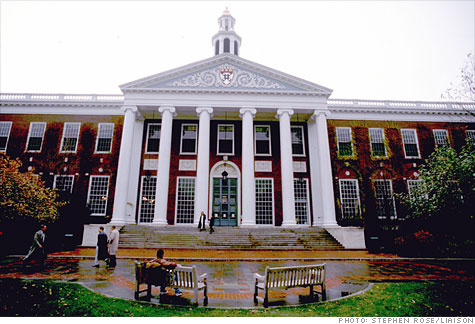“What precisely, do the most senior national security policymakers want from international relations scholars?” asked Paul C. Avey and Michael C. Desch (p. 228). In their article, What Do Policymakers Want From Us?, published in the latest International Studies Quarterly, Dr. Avey and Desch try to understand the reasons behind the current divide between the Ivory Tower (academia) and the Beltway (policymakers) on questions of national security (they had previously published a shorter analysis in Foreign Policy in 2012, see here).
In this well-structured and extremely relevant article composed of a series of clear and well thought figures, tables, the authors demonstrate that over-methodological research and publications, meaning cutting edge quantitative methodologies, tend to have limited influence on policymakers in contributing to policymaking decisions on national security matters.
So what do policymakers await from academia? The authors argue that policymakers are expecting scholars to produce “mid-range theories to help them make sense of the world” (p.243). As underscored throughout the article, the most ‘useful’ theories to policymakers have been the Clash of Civilization, Democratic Peace Theory, Mutual Assured Destruction, Population Centric Counter-Insurgency (COIN), Structural Realism and Expected Utility. One can debate their validity and explanatory power, however, all of them permit to develop a framework of analysis for precise problem/challenge/threat/issue.
The role of academia is not to feed the world of policymakers; history has demonstrated the importance of intellectual freedom – for whatever it means considering the influence of important factors on one’s research, such as departments’ ideologies, perpetual grant seeking, and peer-reviewed processes -. In certain cases, politics and universities are so intertwined that one can doubt about the model of education implemented and the actual freedom of ideas. Nevertheless, the trend in most advanced programs in International Relations in American universities (some European universities are as well following this trend) has been to shift towards cutting-edge methodologies, quantitative studies, and narrow research questions at the expense of qualitative studies and broader research questions ultimately less manageable.
Kissinger was supposedly caught saying to his subordinates, “Don’t tell me facts, tell me what they mean” (p.244). When it comes to fact and data, policymakers rather get them from classified documents than open-sources. In the 21st century, getting facts and data are not the problem; however, the challenge lays in finding the relevant information within all this surrounding ‘noise.’
(Copyright 2014 by Politipond. All Rights Reserved. This material may not be published, broadcast, rewritten or redistributed without permission.)